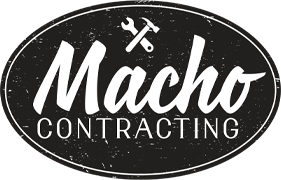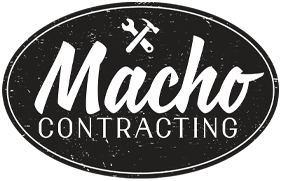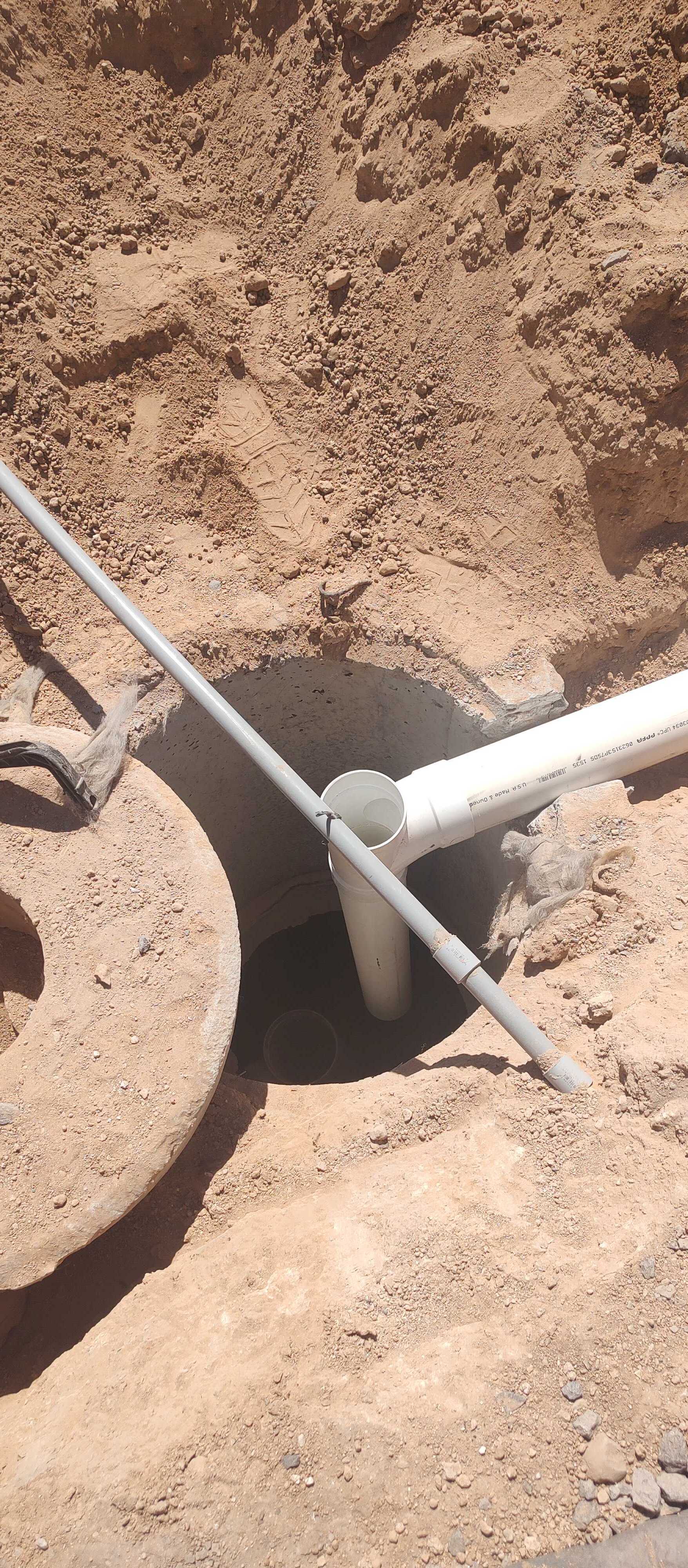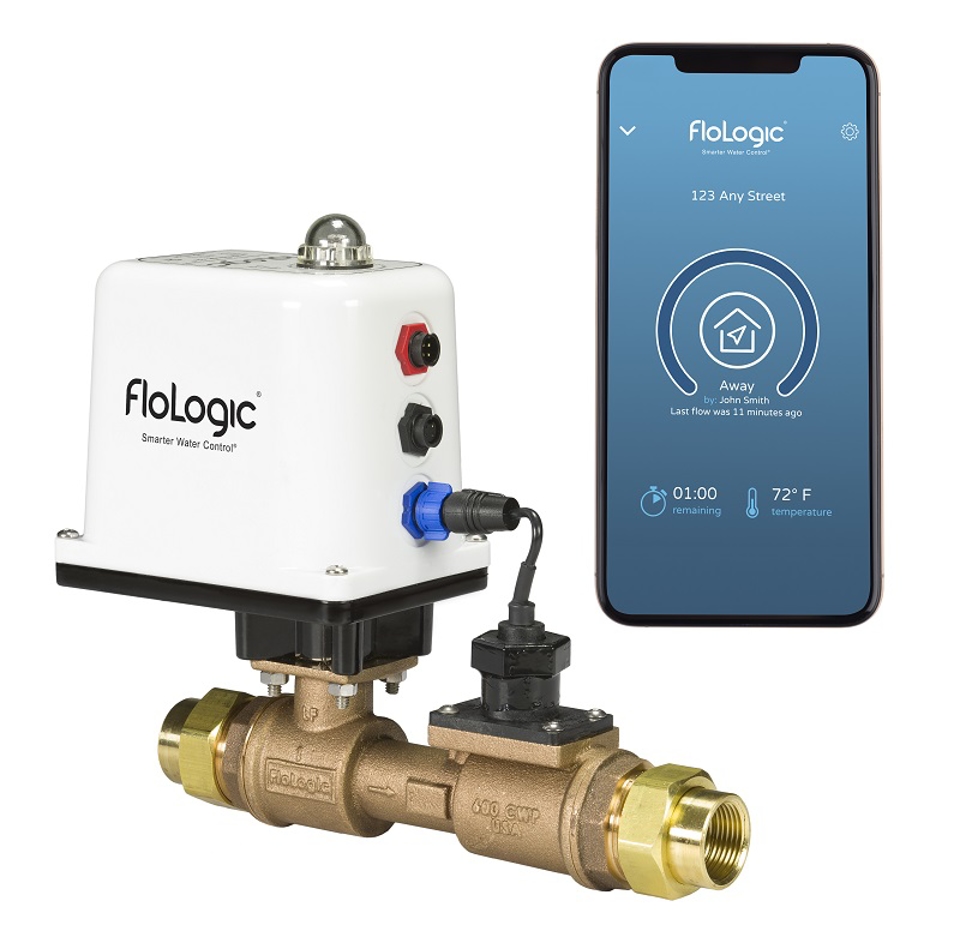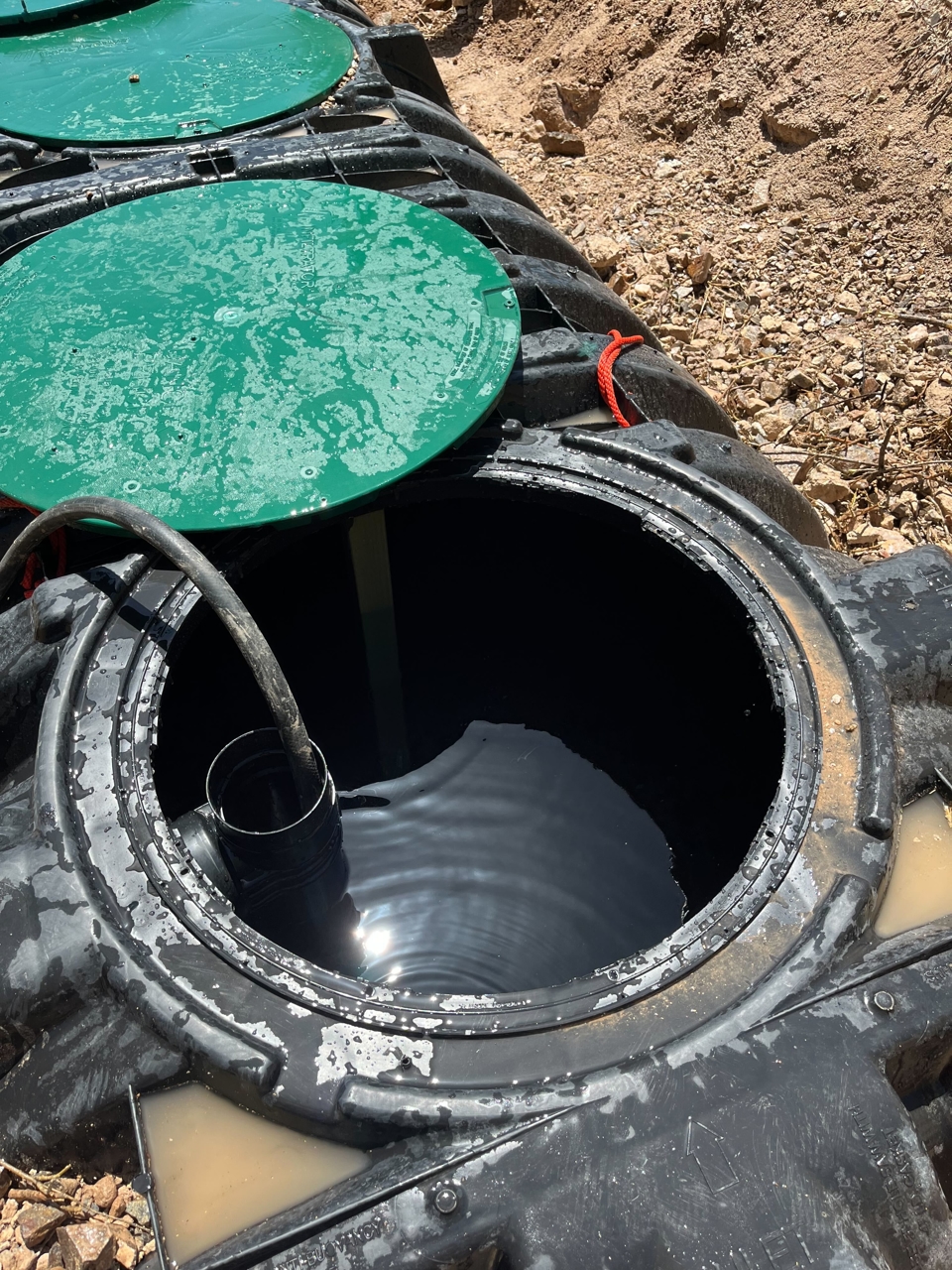Maintaining a healthy septic system is essential for the smooth functioning of your home's wastewater treatment. A well-maintained septic system can last for decades, providing efficient waste disposal and protecting the environment. Here are some valuable tips to help you keep your septic system in top condition and avoid costly repairs or replacements too soon.
Regular Pumping
One of the most crucial aspects of septic system maintenance is regular pumping. Over time, solid waste and sludge accumulate in the septic tank, reducing its capacity and efficiency. Schedule routine pumping every 3 to 5 years to remove excess solids and prevent clogs in the system. Regular pumping also helps extend the lifespan of your septic tank and prevents sewage backups.
Watch What You Flush
To maintain a healthy septic system, it's essential to be mindful of what you flush down the drains. Avoid flushing non-biodegradable items such as paper towels, hygiene products, and chemical cleaners, as they can clog the system and disrupt the natural decomposition process. Stick to flushing human waste and toilet paper only to prevent unnecessary strain on your septic system.
Conserve Water
Conserving water is not only beneficial for the environment but also for your septic system. Excessive water usage can overload the system and lead to premature failure. Install water-efficient fixtures and appliances, such as low-flow toilets and showerheads, to reduce water consumption. Additionally, spread out water usage throughout the day to prevent overwhelming the septic system with a sudden influx of wastewater.
Protect the Drainfield
The drainfield plays a crucial role in the septic system by filtering and dispersing treated wastewater into the soil. To maintain a healthy drainfield, avoid parking vehicles or heavy machinery over it, as this can compact the soil and disrupt the drainage process. Plant grass or shallow-rooted vegetation over the drainfield to help absorb excess moisture and prevent soil erosion.
Avoid Harsh Chemicals
Chemical cleaners and additives can disrupt the natural balance of bacteria in your septic tank, leading to system malfunctions and odors. Avoid using harsh chemicals, antibacterial soaps, and bleach-based cleaners that can kill beneficial bacteria and hinder waste decomposition. Opt for septic-safe cleaning products that are biodegradable and eco-friendly to protect your septic system and the environment.
Inspect Regularly
Regular inspections are essential for identifying potential issues early and preventing costly repairs. Schedule annual inspections by a licensed septic professional to assess the condition of your septic tank, drainfield, and plumbing components. During the inspection, the technician will check for signs of leaks, corrosion, and structural damage, and recommend any necessary repairs or maintenance tasks.
Maintaining a healthy septic system is crucial for the efficient and environmentally friendly disposal of wastewater in your home. By following these tips you can ensure the longevity and efficiency of your septic system for years to come.
